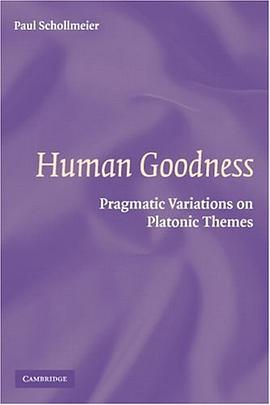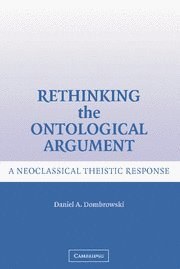

Human Goodness, first published in 2006, presents an original, pragmatic moral theory that successfully revives and revitalizes the classical Greek concept of happiness. It also includes in-depth discussions of our freedoms, our obligations, and our virtues, as well as adroit comparisons with the moral theories of Kant and Hume. Paul Schollmeier explains that the Greeks define happiness as an activity that we may perform for its own sake. Obvious examples might include telling stories, making music, or dancing. He then demonstrates that we may use the pragmatic method to discover and to define innumerable activities of this kind. Schollmeier's demonstration rests on the modest assumption that our happiness takes not one ideal form, but many empirical forms.
具體描述
讀後感
評分
評分
評分
評分
用戶評價
相關圖書
本站所有內容均為互聯網搜索引擎提供的公開搜索信息,本站不存儲任何數據與內容,任何內容與數據均與本站無關,如有需要請聯繫相關搜索引擎包括但不限於百度,google,bing,sogou 等
© 2025 qciss.net All Rights Reserved. 小哈圖書下載中心 版权所有




















